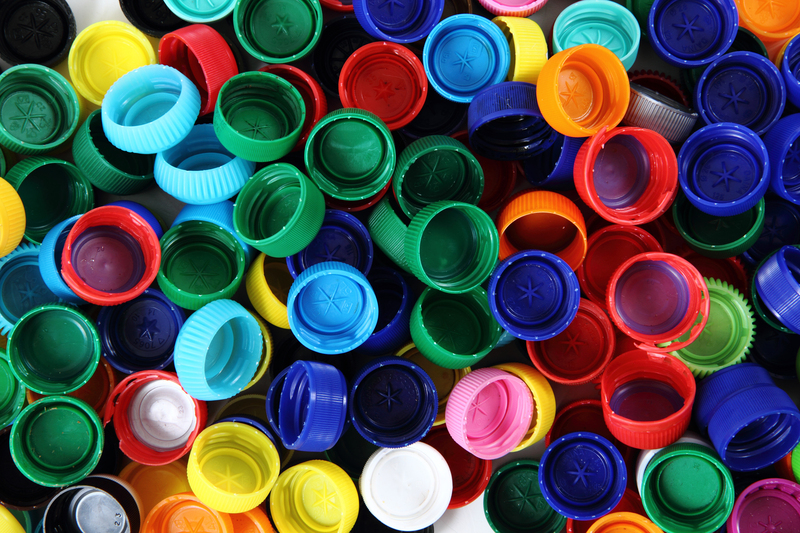Recycling and Reduced Pollution
Posted on 28/12/2024
Recycling is a crucial process that involves converting waste materials into new, usable products. It reduces the amount of waste sent to landfills, conserves natural resources, and significantly decreases pollution levels. As global pollution continues to rise, implementing and promoting recycling has become more important than ever. This article will explore the impact of recycling on pollution reduction, its pros and cons, and provide tips and takeaways for effective recycling practices.
How Recycling Reduces Pollution
One of the most significant benefits of recycling is its ability to reduce pollution. Here's how recycling contributes to a cleaner environment:
1. Reduces Air Pollution: Manufacturing products from recycled materials requires less energy compared to producing items from virgin materials. Less energy consumption translates to fewer emissions of greenhouse gases and pollutants, resulting in cleaner air.
2. Minimizes Water Pollution: Recycling prevents the contamination of water bodies because it reduces the need for raw material extraction and reduces the likelihood of industrial discharges into water systems.
3. Decreases Soil Pollution: By keeping waste out of landfills, recycling reduces the chances of chemicals leaching into the ground, which can pollute the soil and affect plant and animal life.

Types of Materials That Can Be Recycled
Recycling different types of materials can collectively add up to a significant reduction in pollution. Common materials that can be effectively recycled include:
1. Plastics: Plastics are one of the most harmful pollutants. Recycling plastic saves energy and reduces the demand for new plastic production.
2. Paper: Recycling paper reduces deforestation, saves energy, and cuts down on water and air pollution.
3. Metals: Recycling metals like aluminum and steel can significantly reduce energy use and pollution.
4. Glass: Recycling glass reduces raw material extraction and decreases energy consumption in manufacturing.
5. Electronics: E-waste recycling prevents hazardous substances from polluting the environment.
Essential Tips for Effective Recycling
1. Know What Can Be Recycled: Always check local recycling guidelines to ensure you are recycling materials correctly.
2. Clean Your Recyclables: Make sure to rinse out containers to remove food residue which can contaminate other recyclables.
3. Separate Materials: Some recycling programs require you to separate recyclables by type (e.g., paper, plastic, metal, glass).
4. Reduce and Reuse First: Focus on reducing your overall waste production and reusing items where possible before resorting to recycling.
Pros and Cons of Recycling
Pros:
1. Environmental Benefits: Reduces pollution, conserves resources, and decreases greenhouse gas emissions.
2. Economic Advantages: Creates jobs in the recycling and manufacturing industries.
3. Energy Savings: Manufacturing products from recycled materials consumes less energy.
4. Sustainable Growth: Promotes a more sustainable lifestyle and helps protect the environment for future generations.
Cons:
1. Cost: Initial setup and ongoing maintenance of recycling facilities can be expensive.
2. Contamination: Improper recycling can contaminate batches, reducing its effectiveness.
3. Energy Use: Some recycling processes are energy-intensive and may produce pollution.

Key Takeaways
1. Recycling is crucial for reducing pollution and conserving natural resources.
2. Recycling common materials like plastics, paper, metals, and electronics can significantly decrease environmental pollution.
3. To make recycling more effective, it is important to follow proper recycling practices and guidelines.
4. While recycling has many benefits, it also comes with certain challenges that need to be addressed for it to be more impactful.
Conclusion
Recycling plays a pivotal role in mitigating pollution and promoting environmental sustainability. By understanding the benefits and challenges associated with recycling, individuals and communities can adopt more effective practices to reduce their ecological footprint. Despite the cons, the advantages of recycling far outweigh the disadvantages, making it a vital component in the fight against pollution. Adopting a proactive approach to recycling and following best practices can lead to a healthier planet for ourselves and future generations.
Latest Posts
DIY Paper Recycling at Home in 6 Steps
Advance Your Recycling Approach
Plant-Based Plastics: Future Innovations






